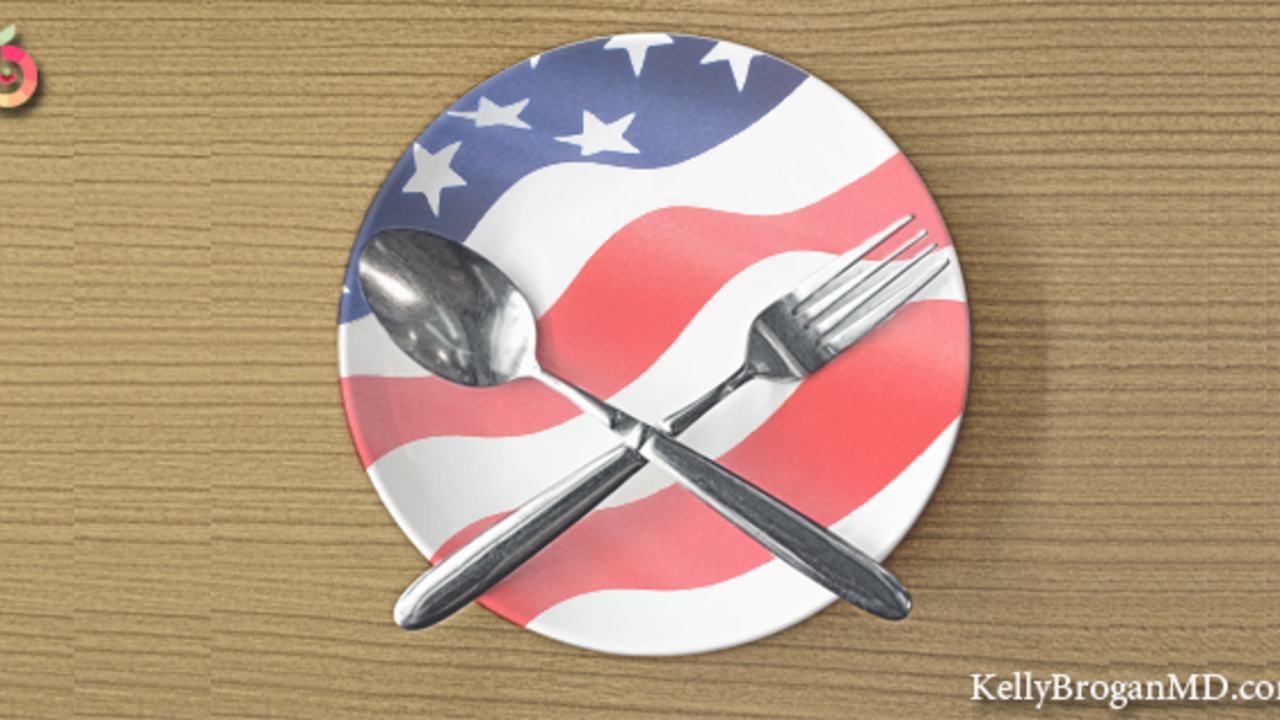What Happens When Africans Eat Like Americans?

What happens when you make rural Africans eat an American diet and African American eat a rural African diet for two weeks?It turns out that their micobiota change.
Predicated on differential risk for colon cancer, O’Keefe et al set out to quantify the biomarkers and microbiota that might account for a colon cancer incidence of 65:100,000 compared with <5:100,000 in rural Africans.
When the stool of rural African’s was quantified, they were found to demonstrate a dominance of Prevotella relative to the American dominance of Bacteroides. Notable differences included higher levels of starch degraders, carbohydrate fermenters and butyrate producers and their metabolites in Africans, and higher levels of potentially pathogenic proteobacteria (Escherichia and Acinetobacter) and bile acid deconjugators and their products in Americans.
Similar to recent research on modern hunter-gatherers, some surprising pathogens like parasitic worms were found to inhabit the African inner ecology. Like the Hazda study, the Amazonian Matses microbiome is characterized by the presence of Treponemaspirochetes, fiber-loving bacteria found only in indigenous people.
In this study, African Americans were housed and fed a high-fibre, low-fat African-style diet and rural Africans a high-fat, low-fibre western-style diet, under close supervision. In review of the diets, both involved processed food and neither was controlled for GMO/pesticides (much of the African diet was corn-based). Despite this, microbiota can change within days of dietary shifts, the results of this study are not terribly surprising:
In comparison with their usual diets, the food changes resulted in remarkable reciprocal changes in mucosal biomarkers of cancer risk and in aspects of the microbiota and metabolome known to affect cancer risk, best illustrated by increased saccharolytic fermentation and butyrogenesis, and suppressed secondary bile acid synthesis in the African Americans.
Resistant starch or cellular carbohydrate appears to be a meaningful prebiotic to tribal cultures that suffer from few if any of our chronic diseases.
This approach to real-time, diet-based changes in our microbial composition is a promising direction for research to be moving. The sooner we can acknowledge the relevance of our gut ecology to health and disease, the sooner we can take reclaim agency and shed our beliefs that diseases like cancer are built in our genes, or that they strike like bad luck from the sky.
Want to continue reading?
Enter your details below to read more and receive updates via email.









